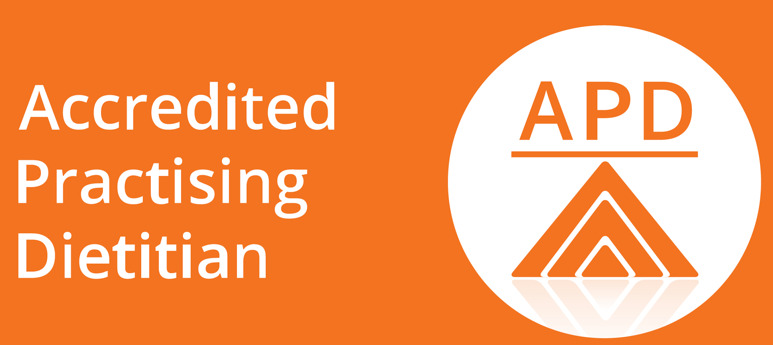What is an Accredited Practicing Dietitian (APD) ?
Accredited Practising Dietitians (APDs) are university-qualified professionals that undertake ongoing training and education programs to ensure that they are your most up-to-date and credible source of nutrition information. They translate scientific health and nutrition information into practical advice, and practice in line with DAA Professional Standards, including the DAA Code of Professional Conduct and Statement of Ethical Practice.
What does an APD do?
- Assess nutritional needs.
- Develop personalised eating plans that consider medical conditions and personal circumstances.
- Provide nutrition counselling and support to individuals and groups.
- Provide information on healthy eating, shopping for food, eating out and preparing food at home.
- Undertake nutrition and food research.
- Train health care professionals.
- Develop nutrition communications, programs and policies.
- Provide consultancy services to corporate organisations, food manufacturers, schools and health care facilities.
What conditions can an APD help with?
APDs help treat a wide range of conditions including diabetes, heart disease, cancers, gastrointestinal diseases, food allergies, food intolerance’s, disordered eating as well as overweight and obesity.
APDs offer personalised advice and support
APDs understand that there is no one-size-fits-all approach when it comes to diet and nutrition (in other words, what works for one person may be different to what works for another). And the truth is that there are many ways for people to have a healthy diet.
And it’s at this individual level that an APD can help. They consider the whole person – that is, each person’s unique profile, such as their medical history, as well as their needs, goals and lifestyle. They also assess the body of scientific evidence, and are flexible with the advice and support they offer, on a case-by-case basis.



